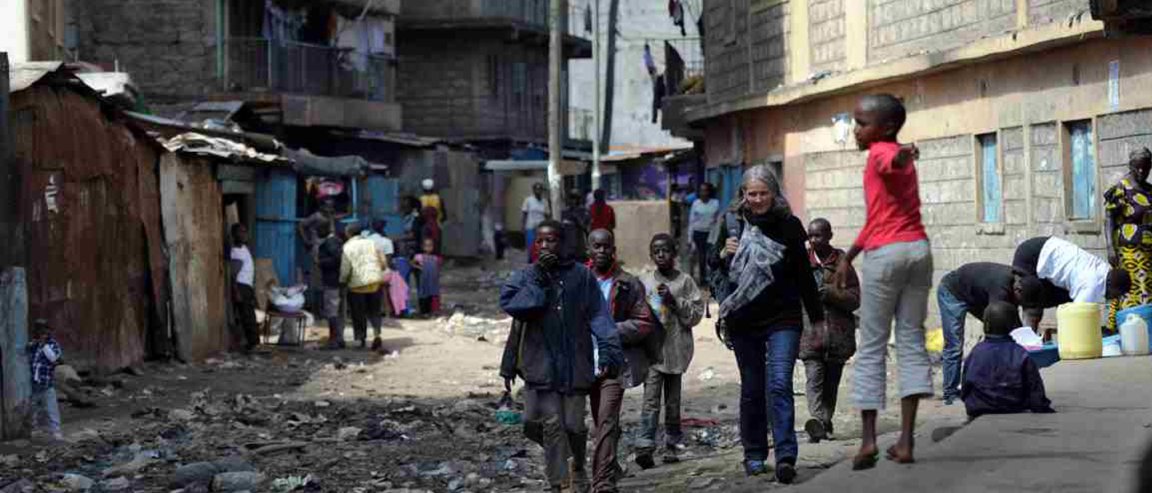
The Fight Against Poverty
The world has long been challenged with finding an effective and sustainable way to end poverty. To date, most are inclined to support social programs that provide opportunities for the underserved to feed their families, seek education, or provide investments for micro-businesses; but a World Bank study shows that “skills training and microfinance have shown little impact on poverty or stability, especially relative to program cost.”
To that end, many experts are looking at how viable it would be to give people money instead of skills aimed at helping them make money.
Indeed, recently, the United Nations (UN) Secretary-General Bank Ki-moon stated that “cash-based programming should be the preferred and default method of support.” This has prompted a renewed attempt by disparate groups to look into how cash could change the very backbone of current anti-poverty programs and foreign aid.
If fact, one organization, GiveDirectly, is attempting to test how extreme poverty can be alleviated through the concept of a guaranteed basic income—a basic income that can provide for all the fundamental needs of individuals.
Learn about basic income in the video below:

Simplicity Is Key
To sum: GiveDirectly is an organization that seeks to provide a solution to the world’s long-standing issue of poverty by providing the poor with universal, long-term income that can satisfy their basic needs—no strings attached.
As an advocate, the organization argues that this approach is the most efficient form social assistance. It neither discourages work nor does it mandate it for them to receive benefits, it reduces red tape prompted by the management of complicated social programs, and eliminates paternalism that is common in many programs.
It’s argued that this is the simplest approach to the eradication of global poverty—and it’s going to be tested across dozens of villages in Kenya.
The plan is to provide at least 6,000 Kenyans with basic income for 10 to 15 years. To test the effectiveness of this plan, GiveDirectly will be working with leading researchers, including Abhijit Banerjee of MIT.
As for funding, the organization is putting in $10 million of their own to match the initial $10 million donated by others.
Should it work, this experiment could shift the way the world approaches poverty eradication; if it fails, the money can still change the lives of thousands of low-income households who were involved in the project.